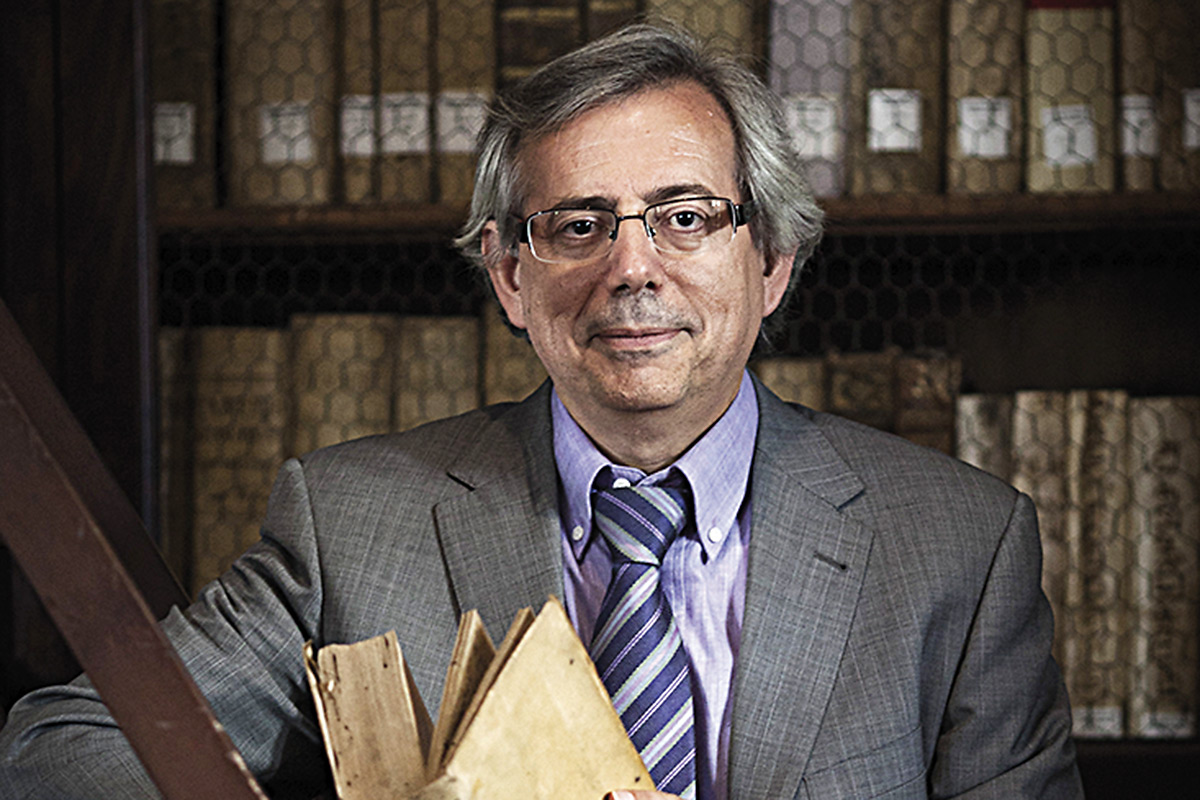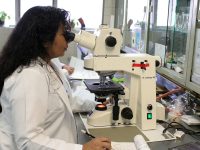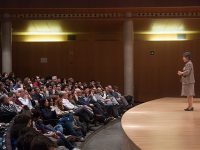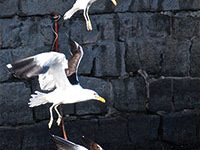
One nail drives out another.
But four nails make a cross.
Cesare Pavese
The International Association for the Study of Pain (IASP) declared 2011 the Global Year against Pain. Within this context, September 2011 witnessed the seventh European Conference on the Social Impact of Pain in Europe while the European Week against Pain was held from the 10th to the 14th of October.
The fact that there are professional associations, meetings, seminars, conferences and research groups involved in fighting pain exemplifies the growing importance attached to a problem that cannot be considered a personal problem alone, because the issue is also of public and political concern.
A PERSONAL EXPERIENCE
Images of animals gnawing, biting or ravaging the body are common among people with chronic pain, who also speak of sharp objects, broken glass stuck in the skin or bone-cutting saws, at times. When pain becomes long-lasting and intractable, it monopolises our whole life experience, reducing our world to our body or some of its members, disrupting reasoning, shattering tenderness and disrupting our everyday lives.
«When pain becomes long-lasting and intractable, it monopolises our whole life experience. In the fight against chronic pain we may have won some battles, but suffered grave defeat and humiliation in others»
In the fight against chronic pain we may have won some battles, but suffered grave defeat and humiliation in others. In general, albeit difficult to accept, sufferers know that there is a lot of waiting but little hope, that the final victory is not on their side and they can only wish for time to pass quickly. As the writer and philosopher Rafael Argullol says: «When we leave the Diagnostic Centre I feel overwhelmed, totally defeated. I want to run away and I have a real sense of terror. It has managed to stir up the terror and cowardice in me. I am scared, I am afraid of what may happen to me, everything that could happen to me, I am frightened that my body will disintegrate. I feel the muscles, bones, nerves will crumble, fall apart and that its whole architecture will be inexorably demolished».
A PUBLIC AND POLITICAL REALITY
One thing is to have a pain and quite another is to live with pain. In the first case, the situation is unpleasant but transient, whereas in the second, besides announcing the disease of which it is a symptom, itself pain comes to live with us and becomes a second disease. This affects the person’s quality of life to unexpected extremes: their ability to work (some people lose their jobs), their emotional state and social relationships (pain can cause depression, irritability and loneliness), their ability to live independently (it can produce extreme exhaustion or weakness), even the basic need to sleep may turn into an unbearable agony. Its effects are overwhelming, devastating, destabilising. Life, like Tolstoy’s account of The Death of Ivan Illich, becomes a farce.
The Pain in Europe Survey, based on extensive fieldwork with a sample of 46,000 people, recorded the fact that one in every five respondents suffering from chronic pain does not receive adequate treatment, despite scientific progress in pain relief. Of these, 35% experience pain every day, 16% said that there are days when they want to die and 26% said it affected their professional career. People suffering chronic pain endure this situation for an average of seven years, while for one in five pain may drag on for twenty years or more. Only 2% are treated by pain-relief specialists.
«Rather than the ethics of suffering, promote the ethics of a good life. This undoubtedly requires awareness raising, training programs and proper resources»
GOODBYE TO THE ETHICS OF SUFFERING
In our society, grave prejudice still prevails regarding the purpose of pain, sometimes said to be a punishment from heaven («dels pecats dels pares, els fills es fan geperuts» meaning “parents’ sins make their children hunchbacks”). It is seen as an expression of God’s will, having a redemptive or purifying significance, a way to reach «holiness» and put the believer’s faith to the test and cleanse them, a kind of crucible. Faced with such intolerable insolence one should respond with resignation and concealment and, accordingly, many people prefer to suffer in solitude.
The time has come to put an end to this mentality and create a new culture. As an anonymous quote says: «Vía crucis, ni serlo, ni padecerlo» (“Way of the Cross, neither be, nor suffer it”) or as the motto of an organisation says, «To die without pain is not an issue, what matters is to live without it». This is the real issue: rather than the ethics of suffering, promote the ethics of a good life. This undoubtedly requires awareness raising, training programs and proper resources, such as pain relief and palliative care units. Universities play an important role in changing this mentality and culture through research, training and raising awareness. A new social model must seek the goal of «zero pain».





